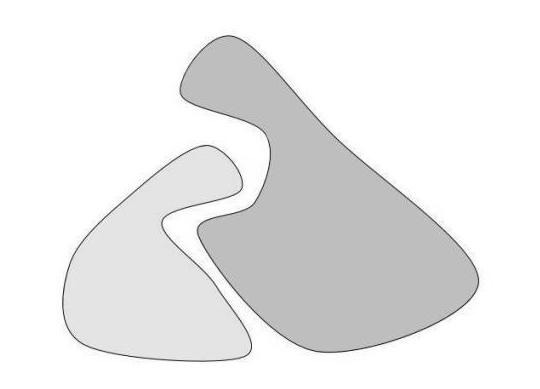My mother is the greatest influence in my life. She gave me all the freedom to do many things yet she was a disciplinarian when it comes to studies. She made sure that my siblings - elder and younger sister and I reach school in time. We almost never missed classes in school or college.
She handles multiple tasks with ease. She can cook simultaneously on two stoves and also cut and chop vegetables. Tea was her favourite drink. I used to make tea for her whenever possible. She has lots of patience. She took care of my two nieces and my two sons until they completed the fifth standard.
She wakes up before the break of the dawn and does the entire household chorus even today. In the neighbourhood, my mother is the first person to wake up and clean the place around the house. The sounds of her sweeping the floor with the broomstick and sprinkling of water on the ground were the first sounds one hears at the dawn along with the chirping of birds.
Sometimes we used to buy dry wood from the Kattela Mandi (firewood shop) near Girnikada (near the flour mill). We always had some dry stems from the plants in the compound for using as fuelwood too. We had a biomass stove outside the house and two kerosene stoves, which my mother used for cooking.
My mother taught the importance of drinking water after taking food. She would warn us that wall lizard would urinate in the mouth if one sleeps without drinking water after eating. The understanding as a child about this concept was, any person who does not drink water after eating and after a few hours when they open their mouth, the breath smelled like the urine of wall lizards.
Once I jumped over our compound wall and got my ankle sprained. I was ten years old. My mother wanted to take me to Doctor Qurshid’s clinic, which was about half a kilometre from our residence. I was weak and could not walk. My mother carried me like a child to the hospital. Mother is a mother! She had all the energy to carry a grownup son. The problem with my ankle continued for many years. Whenever I had pain in the ankle, my mother had a remedy. She used to heat leaves of Saraswati plant (an ornamental shrub plant with blackish green leaves) over the pan with edible oil and then tied it with a piece of cloth. She also took me to Shalibanda Katla Dawakhana near Charminar. It was a traditional hospital run by a Muslim family. The entire family was involved in treating the fractures or sprained parts. They used to massage with oil and other ingredients and then tie with a bandage. It worked very well for many patients in and around Hyderabad.
One day my friend and I were trying to catch crabs by putting our fingers in the crab holes. My mother caught us in the act. She summoned and thrashed me by saying what would happen if there were snakes in the holes. I learnt a lesson - never blindly explore unknown things. Then, she recalled an incident that took place in her mother’s village. Some children were playing with a ball. When it fell into a pamula putta (an earth mound where snakes reside), a kid put his hand into the pit to pick up the ball. A snake living in the hole had bitten him. Not realising the impact and afraid to tell his parents, after a few hours the child died.
We, three siblings, always had a bath with warm water in all the seasons, for which biomass stove in the compound was used. My mother believed that a bath with warm water keeps the body healthy. My mother was buying cow dung cakes from one Mr Lachaiah. He had about 20 buffalos and his family used to make dung cakes by hitting the dung on the walls or on the ground mixed with rice husk or dry paddy straw.
My mother often shared her childhood memories from her native village with us. Before her marriage, being the youngest in her family, she was loved by all. She used to accompany her Peddamma (Mothers sister) to see relatives in other villages, riding a horse or on a Buggi-bandi (a small bullock cart). She also recounted how her brother saved her life when they were caught in a stormy-rainy weather. A tributary of Musi River, Pedda Vagu (Esi River) flows close to her village, Regadi Mamidipally. Her parents owned land on the other side of the river. Due to heavy rain in the upstream side of the river, the water level was rising quickly. They were caught unawares and her brother asked her to hold his waist strongly, and he waded through the rising waters and brought her home safely. She also shared how hard her life was, she needs to get up early to make the flour for Jowar rotis, attend the work in the fields, and other domestic chores. My mother’s simple life and hard work left an inedible impression on my life and work.





